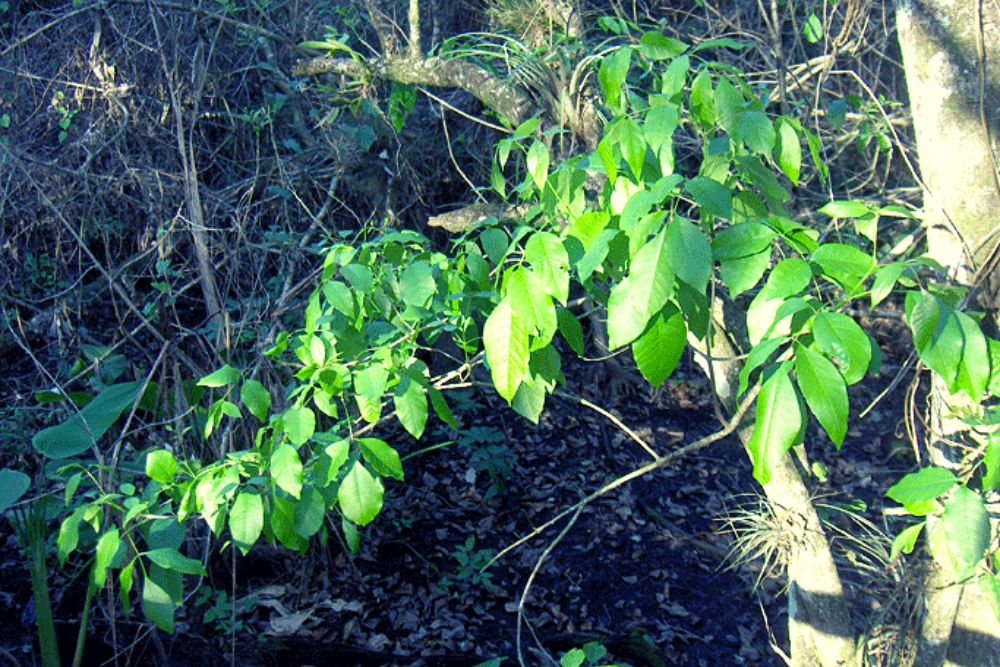Jamaica dogwood (Piscidia erythrina or Piscidia piscipula) has been in use as a medicinal herb since at least the early 1800s. It has been used as a traditional remedy for treating nerve pain, migraines, insomnia, anxiety, and muscle spasms due to nervous tension. More recently, animal studies have shown that bark extracts of Jamaica dogwood have various healing properties. These include anti-inflammatory, sedative, and antispasmodic effects.
Jamaica dogwood is available in liquid extract and tincture forms as well as in tea form. Root bark is also available and can be found in pieces about 1 to 2 inches in length and 1/8 inch in thickness. Keep in mind that there is considerable variation in the chemical constituents of Jamaica dogwood harvested from different geographic regions. The plant also has narcotic properties. It can cause numbness and tremors, slow the heart rate (bradycardia), and even result in death if too much is used. Jamaica dogwood should only be used while under supervision of a qualified holistic health practitioner.
Resources
The Naturopathic Herbalist. “Piscidia Erythrina,” October 21, 2011. https://thenaturopathicherbalist.com/herbs/p-q/piscidia-erythrina/
Mount Sinai Health System. “Jamaica Dogwood Information | Mount Sinai – New York.” https://www.mountsinai.org/health-library/herb/jamaica-dogwood
Hamilton, W. “On the Medical Properties of the Piscidia Erythrina, or Jamaica Dogwood.” The London Medical and Physical Journal 13, no. 75 (September 1832): 177–83. https://pubmed.ncbi.nlm.nih.gov/30495763/
Rambo, D. F., et al.. “The Genus Erythrina L.: A Review on Its Alkaloids, Preclinical, and Clinical Studies.” Phytotherapy Research: PTR 33, no. 5 (May 2019): 1258–76. https://doi.org/10.1002/ptr.6321
Association for the Advancement of Restorative Medicine. “Jamaican Dogwood – Piscidia erythrina.” https://restorativemedicine.org/library/monographs/jamaican-dogwood/

